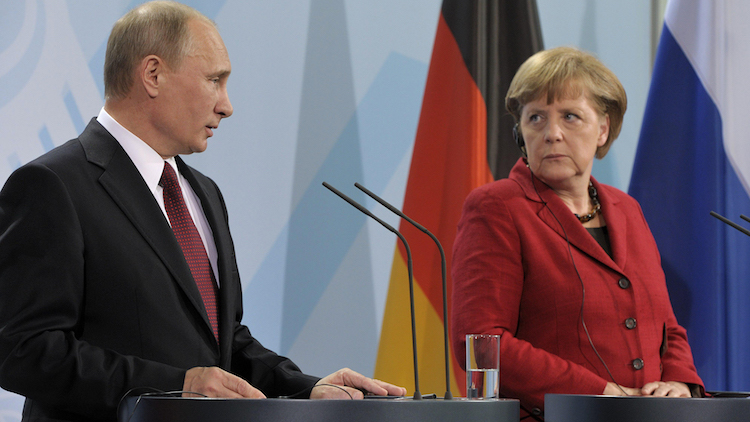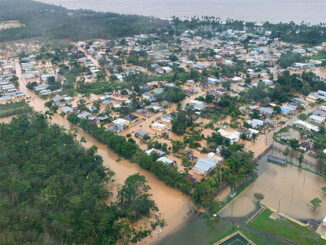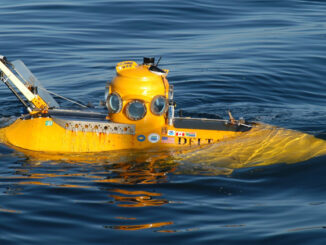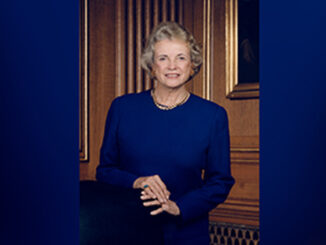
On September 24th, Germany will have an election to decide who will be the Chancellor (the leader of the government) of Germany. Angela Merkel has been Chancellor since 2005. Many believe she will win again. Her biggest rival is Martin Schulz. But both Merkel and Schulz have another concern – fake news.
People sometimes call news they do not like or agree with “fake news.” That is not correct. Fake news is completely false news. It comes from sources that look like news sources, but are not news sources. They are designed to sway reader’s opinions by giving wrong information.
During the United States election in 2016, many fake news stories came from Russia. Many experts believe the intent of the stories was to hurt Hillary Clinton’s election chances. Now, Germany is worried that the Russians are at it again.
At the end of June, the German government made a law against fake news. It will fine (or charge money to) companies that help spread fake news. Some companies are not sure they should decide what news is fake and what news is not. The German government thinks that fake news is dangerous to democracy. They want to protect people from it.
What Do You Think? How do you think fake news affects a democracy? What do you think is the best way for a government to respond to fake news? What are some ways you can spot fake news?
Photo Credit: Aris/Sueddeutsche Zeitung Photo/Alamy Stock Photo



